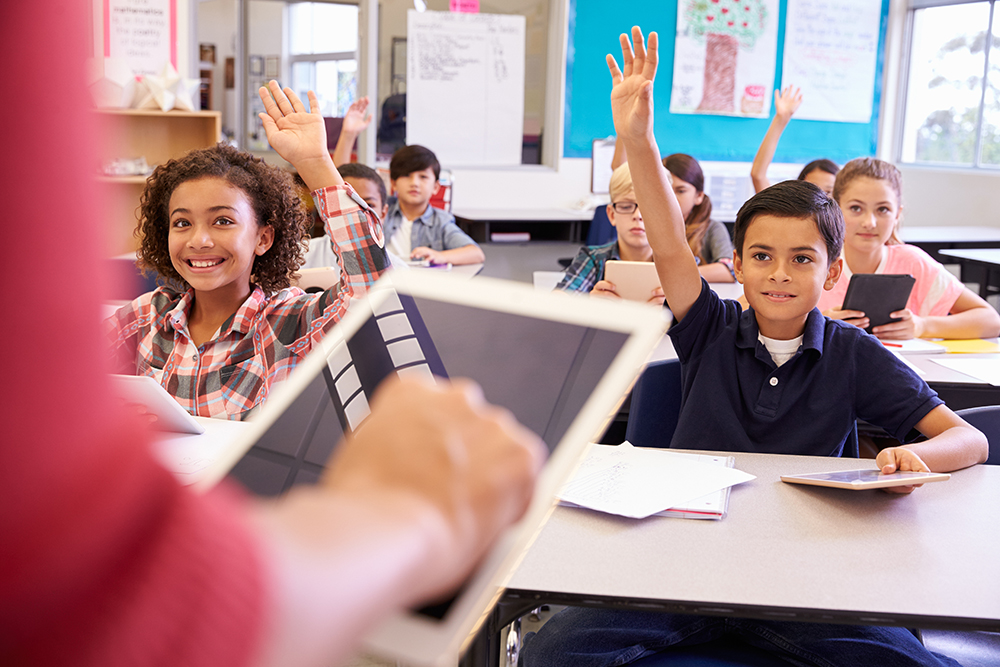
Its been just over a year since the world began shutting down. Around March 2020, Classroom learning was suspended, parents became teachers overnight and the screen (laptop, phone, tablet) became the mode of communication and delivery. Teachers became IT professionals, while “the cloud” (just like Apple & Amazon) had more than one meaning. Teams and Zoom effectively became bywords for communication tools.
As the pandemic developed, first came the panic as cities hollowed out (for the lucky few), followed by determination that we will defeat this, accompanied by the positive spin that our new lives were better, more calmer and family time was precious.
12 months on and reality is sinking in, if not sunk in. Parents can never replace teachers (the sigh of relief, jumps of joy, etc, in the UK on Monday as schools reopened was telling!), and zoom can never replace schools and classroom. However, many are also realising that technology does have an important role to play, and education is a collaborative approach between teacher, parents and the community. Many kids appreciate their teachers and parents more and are perhaps even more grateful for their friends. If having exams caused anxiety for children, the cancellation of exams in the UK seemed to have caused even more anxiety and panic for both parents and children.
All of this seems to suggest that while change is required, the approach needs to be considered, calculated and outcome driven. Companies of all shapes and sizes have rushed out solutions (some brand new, some modified), without as much as a second thought around outcomes and the long term implications. EdTech has become the new arena for commercialisation, but with a significant part of the world still trying to work out what Ed(ucation) it needs, incorporating Tech(nology) into the equation is not the do all, solve all solutions.
Digital skills are important, but it is even more important to develop broader skillset – interpersonal skills, non-digital communication skills, teamwork among others – and create an environment outside the screen. Culture, Dance, Music, Sport is just as, if not more important for our mental and physical wellbeing.
The mental effects are only just beginning to show, with phenomena like “Zoomed out”, “Teams Fatigue” are now a regular occurrence. Children who are introverted, or from areas with poor connectivity, or simply resource poor (not everyone has the latest device), often struggle to engage and beginning to suffer from low morale and self-worth.
Therefore, schools are now even more important, and it is critical that resources need to be focused on the right areas to improve the schools and the education system as a whole for the future, making it more resilient, more adaptable and more accessible.
As the past 12 months how shown us, technology can help fill the gaps, but it can never replace our need for social human interaction and 12 months on, it is clear that the schools of the future will need to have an element of blended learning to make it inclusive, accessible and resilient to whatever the future may hold.



